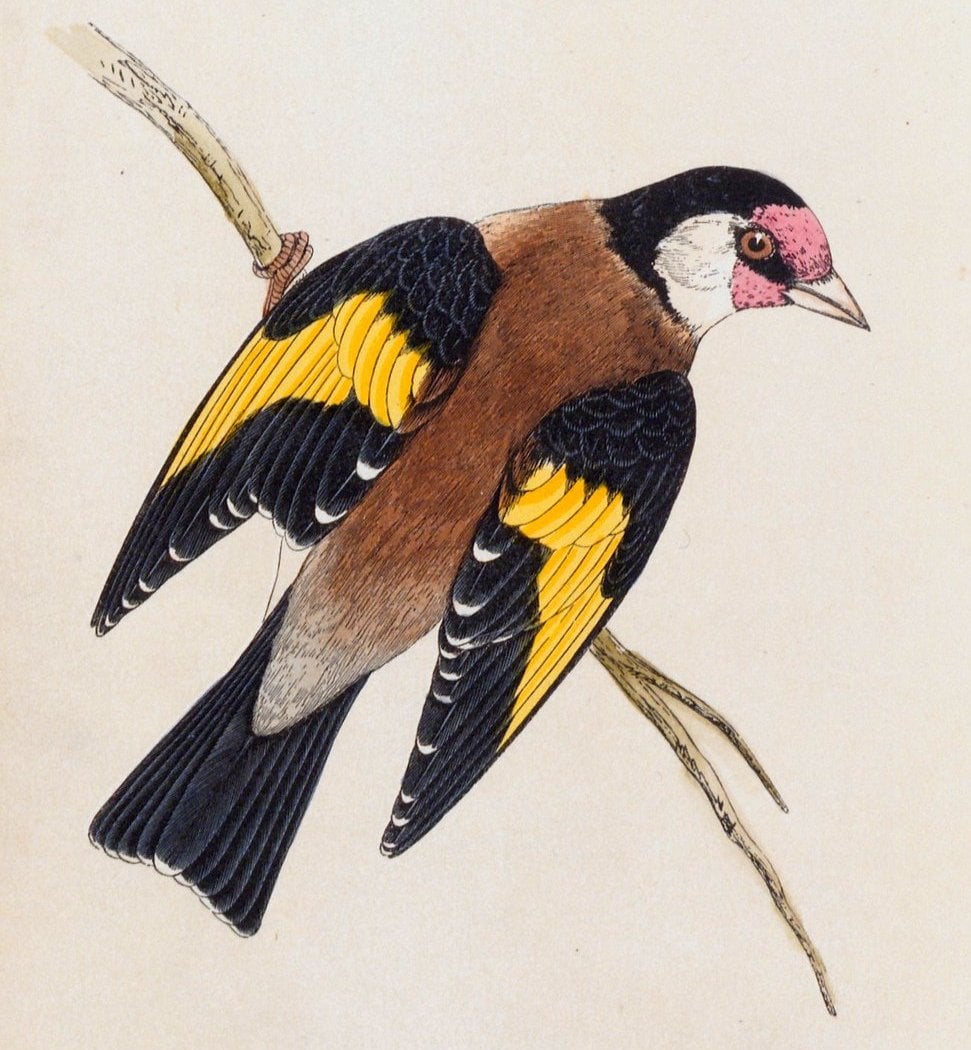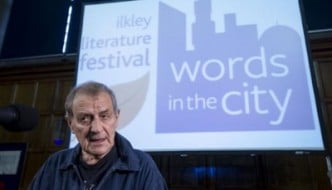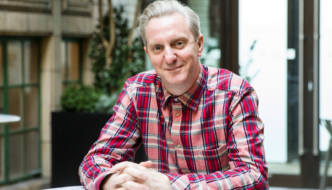
Polly Atkin’s debut poetry pamphlet bone song was shortlisted for the 2009 Michael Marks Award. Her second, Shadow Dispatches, won the 2012 Mslexia Pamphlet Prize. In 2014 an extract from her first collection, Basic Nest Architecture, was awarded New Writing North’s Andrew Waterhouse Prize for ‘reflect[ing] a strong sense of place or the natural environment’. Richard Smyth caught up with Cumbria-based Polly to talk about nature, poetry, and the strong threads connecting the two.
Why do you think the natural world has been so important in poetry?
I’m not sure it is especially important to poetry, rather that there is a kind of poetry that is concerned with observing the world around us, whatever it includes, and that has historically often included things we would class as ‘nature’. ‘The natural world’ here kind of implies humans and human culture are something separate from a thing we don’t belong to anymore which we call ‘nature’, and I think that binary is something poetry is really good at collapsing.
What works of nature writing have had the biggest impact on you?
This is a really hard question to answer, both because it’s really hard to judge impact, and because when thinking about the idea of ‘biggest impact’ it’s hard not to end up going back to childhood, and to first exposure to certain ideas. I loved animal stories of all kinds as a child, and was one of those obsessed with Watership Down (both the book and the animated film). These kinds of narratives encouraged me to think of animals as individuals with inner lives, as different to humans but just as valuable. I bought a copy of BB’s Lord of the Forest at a book sale, which was probably the first time I read something which really foregrounded non-animal life, and was really taken with the idea of the life of a tree as on such a different time-scale to a human life. Around that time, I got an anthology of poetry edited by Judith Nicholls, called What On Earth, which had a conservational/ecocritical theme, and I would read it over and over. I’m pretty sure it included Alan Brownjohn’s The Last Rabbit in England which I remember making a play of in primary school – maybe for an assembly? My other favourite anthology was called The Magic Tree and had a lot of fantastical poems in, but many of which dealt with animal transformations and uncanny landscapes.
These books steered me towards thinking ecologically about non-human life. Most of the books I really loved as a child had elements of what you might call ‘nature writing’: evocative descriptions of landscape, and centring of non-human life. I loved Ursula Le Guin, Susan Cooper and Diana Wynne Jones as much for the way their magic worlds illuminated human relationships with the rest of the world, as for the magic in itself.
This isn’t to say I haven’t read many influential books in adulthood, but would I have been drawn to any of them if it wasn’t for the ones I read in childhood?
How about modern writers on nature?
There are a lot of writers I think deal very brilliantly with our relationship with the world around us, in different ways. I have a big problem with a kind of ‘summitism’ in contemporary ‘Nature Writing’, which is reflected by the domination of ‘Nature Writing’ as a publishing category by white able-bodied men. I’d like to see more writing that is less focused on enduring nature or achieving impressive things against the odds in a wilderness, and more on how we live alongside it.
I like to swim, so I’m interested in books that deal well with swimming outdoors, and have enjoyed Jessica Lee’s memoir Turning and Elizabeth Jane Burnett’s poetry collection Swims, though there’s a good pile of recent swimming memoirs I have yet to get to.
Non-fiction is great at exploring human-nonhuman interconnections. I love Kathleen Jamie’s essays in Findings and Sightlines, Jane Routh’s Falling into Place and Karen Lloyd’s The Gathering Tide and Blackbird Diaries. I rated H is for Hawk, The Outrun and The Shepherd’s Life really highly.
Poets who I think write sensitively about place and the non-human include Kathleen Jamie, Don McKay, Jenna Butler (who has also written a great non-fiction book), Holly Corfield-Carr, Thomas A Clark, Jen Hadfield, Khairani Barokka, Sarah Hymas, Jos Smith, Emily Hasler, and many many more.
There are a lot of novelists doing interesting things with ‘nature’ at the moment too. Jon McGregor’s Reservoir 13 and Reservoir Tales expertly interweave changes in the human life of a village with the non-human as time passes; Sarah Hall’s writing is always strongly evocative of place and I loved Megan Hunter’s The End We Start From as literary cli-fi.
You mention cli-fi – climate fiction. Can nature poetry and prose help us address the ecological challenges we face today?
I think this comes back to a previous question, and the idea that books, wisely used, can encourage empathy and connection. Books can challenge our idea of the worth and economic value of the environment, and our non-human co-tenants. But most of all, I think they can remind us to care, and change the way we think about the things around us.
Have libraries played a big part in developing your love of books and nature?
My early consumption of books was sponsored for the most part by West Bridgford Library, which seemed to have an endless supply of exactly the kind of books I was looking for just as I thought I’d read through everything interesting, or could start me on an entirely new track I’d not even considered. School libraries and book sales were also really important: the idea that you could just go in at break and find something amazing. The joy of libraries is how they open up worlds to you through books, and you can try any number of them for free. I also love the quirkiness of every library’s catalogue, and how if you spend time browsing any area you are interested in you will find all sorts of books you never knew existed, but then can’t imagine life without.
Polly will be appearing at WildLines @ The Leeds Library with award-winning poet Zaffar Kunial on Saturday March 17th, for an evening of poetry and conversation. WildLines @ The Leeds Library is a three-day programme of talks, readings, performance and Q&As bringing together some of the UK’s leading writers, poets and thinkers on nature and wildlife. Full details and ticket information can be found here.
Filed under: Written & Spoken Word
Tagged with: climate fiction, female poet, nature poetry, poet, Polly Atkins



Comments